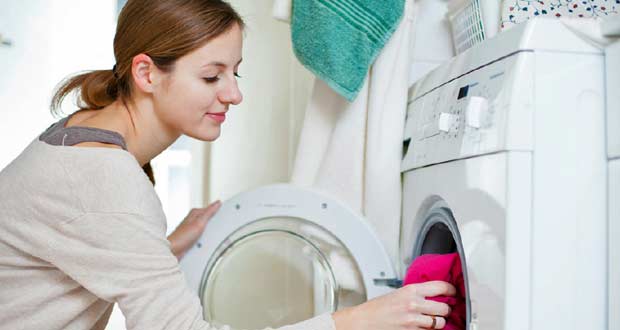Man’s technological milestones have always managed to make life a little more interesting and convenient. Like every single man-made substance, plastic also has its disadvantages such as pollution. This is a common problem especially in household septic systems. It is a fact that not all household members dispose of plastics properly. Many think that if the plastic they use is biodegradable, it could be totally decomposed just like organic material. Plastic is a substance that has both biodegradable and non-biodegradable materials in it. Basically, if you have environment-friendly plastic, it will still leave traces of non-biodegradable materials and therefore, won’t be degraded at all. In your home, plastic can be found anywhere. You can have ordinary plastic or nylons found in everyday items, which usually end up in the septic system. The garbage disposal unit if often the usual excuse to get rid of plastic items carelessly. Even if you do use your garbage disposal units, plastic will always remain plastic. But how can plastics and nylons from laundry water wreak havoc in a leach field?
Irresponsible disposal of plastic in your home results to plastic pollution. It affects you, your family members, and the animals you have in your household. Plastic pollution can take place in bodies of water and on land. The high levels of plastic in the septic system result from excessive plastic use. Disposable plastic products contribute a lot to the plastic problems in the septic system. these products encourage anyone to use a plastic product once and then throw it away. Some people recycle bit most just throw it with their garbage especially if they use it at home.
Plastic Pollution on Land
Your home uses plastic products all the time. Chlorinated plastic may be one of them. This type of plastic product gives off hazardous chemicals to the surrounding environment. It may seep deep into the soil and pollute the groundwater or affect surrounding bodies of water as well. The people and animals in your area will be gravely affected by this plastic if it is ingested.
Homeowners like yourself may consider using biodegradable plastic. Biodegradable plastic contains organic and inorganic materials. Bacteria in your septic system may be able to decompose biodegradable components but they will still leave the non-biodegradable components. When these biodegradable plastic materials are broken down, methane is produced. As you know, methane is a very potent greenhouse gas that plays a huge part in global warming. It is dangerous to have methane accumulate in your septic system. If ever the biodegradable plastic components stay in the ground for a long time, then you should expect a longer period of decomposition.
Effects of Plastic on Humans
Various chemical compounds are found in plastic products. This is the reason why plastic is a very versatile raw material. Some chemicals used in plastic production are absorbed through human skin. Dermatitis can result from being in contact with plastic. Trace amounts of toxic chemicals could also be found in any plastic products. However, manufacturers conduct tests to make sure that the toxic ingredients are actively contained.
Plastic should never make its way into your septic system because it will definitely cause trouble. You should know how plastics and nylons from laundry water can wreak havoc in a leach field, so that you could find more ways to prevent them from entering your wastewater treatment system. The leach field is that part of the septic system where the effluent is purified and distributed into the surrounding environment to be used again. Once plastic enters the system, the anaerobic bacteria won’t be able to degrade most of its components anymore. This leaves your leach field in danger of failing.
It is unavoidable to use plastic in and around the home but you can avoid its bad effects on your leach field. You can do this through proper disposal and segregation of waste products. It will take time before plastic can be completely degraded. Meanwhile, do your best to keep it away from your septic system.

